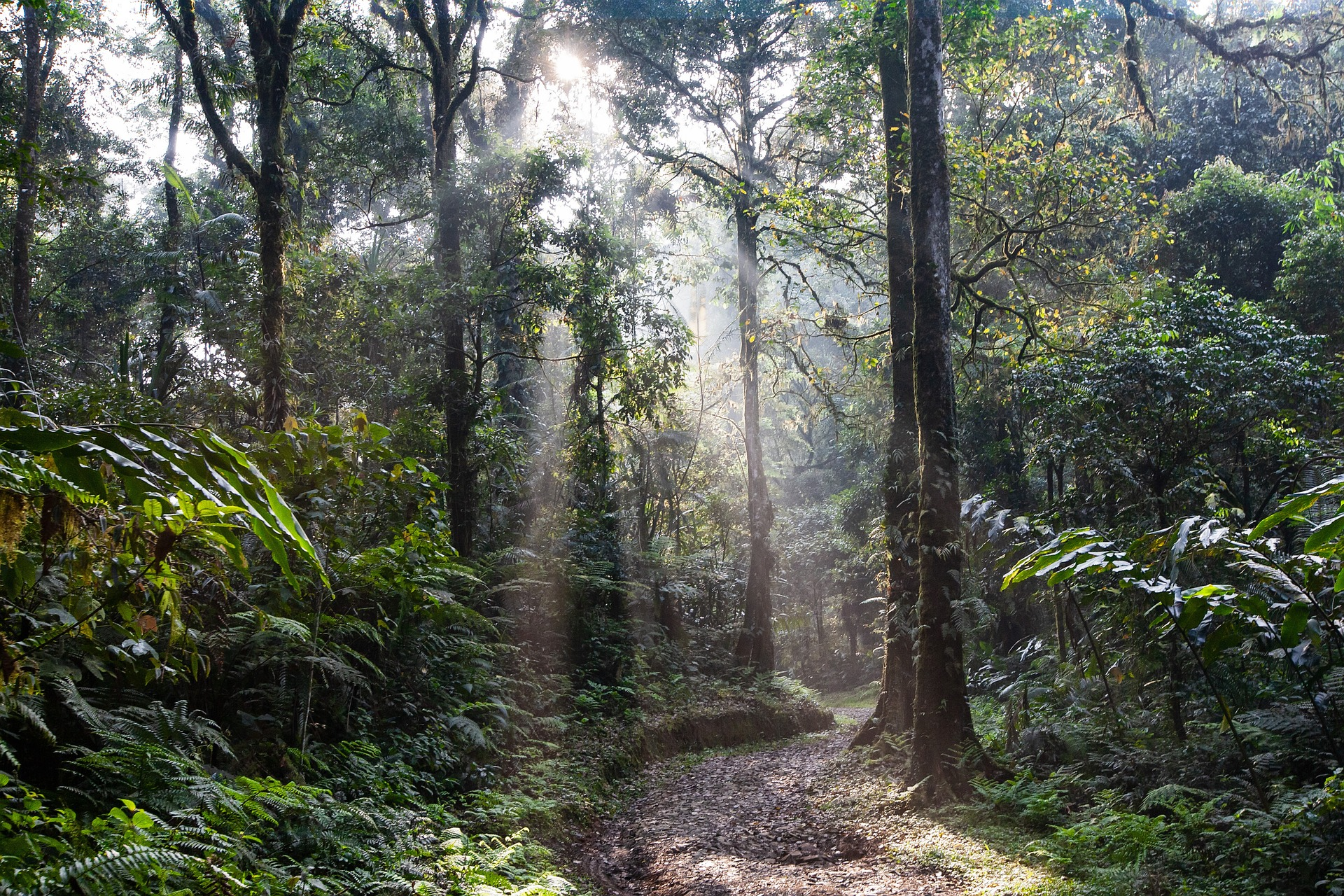The Sustainable Forest Management Programme, known as PGDF (Programme de Gestion Durable des Forêts), is a major initiative launched in the Democratic Republic of the Congo or DRC to improve the governance and sustainable use of the country and its vast forest resources.
The Sustainable Forest Management Programme began officially in December 2022 as a partnership between the government of the DRC, the Central African Forest Initiative (CAFI), and the French Development Agency (AFD).
It aims to support the development of a national forest policy through broad consultations with all stakeholders, including government, local communities, private sector industries, and Civil Society organizations.
Objectives and Scope of the Sustainable Forest Management Programme
The Sustainable Forest Management Programme focuses on several key objectives.
Its main goal is to help the DRC define and adopt a clear, participatory forest policy. This policy will guide the sustainable management of forests, which cover about 155 million hectares or around 60 percent of the country’s land area.
This forest area also represents about 10 percent of the world’s tropical forests more commonly known as rainforests. This includes reforestation efforts such as those proposed by OPISAC. The program promotes sustainable forest management methods and aims to accelerate reforms that restore, protect, and develop these resources.
The Sustainable Forest Management Programme supports the revitalization of the National Forest Advisory Council. This council serves as an inclusive platform for dialogue and decision-making among all forest sector stakeholders.
The Sustainable Forest Management Programme also works to update the legal and regulatory framework governing forests, improve transparency, and combat illegal logging. It encourages forest zoning and the development of community forestry, allowing local populations to manage forest areas sustainably.
Importance of the Tropical Forests
The DRC’s forests, most notably the Congo Rainforest Basin are vital for global climate regulation, biodiversity conservation, and local livelihoods. They store large amounts of carbon, help regulate rainfall, and provide habitat for many species. The forests also supply resources such as timber, food, and medicine to millions of people.
However, these forests face threats from illegal logging, agricultural expansion, mining, and population growth. The PGDF aims to address these challenges by improving governance and promoting sustainable use.
Illegal logging and the trade in illegal timber are challenging. There are occasions when the “cure” can be worse than the disease. OPISAC focuses on a more sustainable approach to end the illegal trade of long-growth trees and hardwoods.
The introduction of fast-growing and profitable alternatives from Paulownia trees is a popular option, but they must be properly managed. The prolific growth rate will allow some species to destroy entire ecological systems if not maintained.
OPISAC further introduces large-scale forest-gardens, also known as food forests. Some permaculture experts have decried this as heretical, but it further increases employment opportunities for the vulnerable populations, and increases food and water security. All that in addition to improving local resilience leaving geographically vulnerable areas less prone to external disruption.
How OPISAC Meets and Exceeds Sustainable Forest Management Programme Objectives
OPISAC programs align closely with the goals of the Sustainable Forest Management Programme. The business model of OPISAC uses a systemically sustainable approach that integrates environmental restoration, poverty reduction, local resilience, and sustainable human growth and development.
This approach supports the sustainable management of forest resources in ways that benefit both nature and local communities.
OPISAC builds Rural Development Centers and Permacultural Centers that focus on reforestation, agroforestry, and sustainable land use. These centers teach local people sustainable farming and forest management techniques. They also support the restoration of degraded lands and protect biodiversity.
By utilizing grant funds and building Local People’s Organizations owned by local communities, and Civic Support Teams elected by local populations, OPISAC ensures that communities have a strong voice in managing forest resources, matching the Sustainable Forest Management Programme emphasis on broad stakeholder participation.
OPISAC-owned commercial ventures operate under the same principles that allow churches and other not-for-profits to run commercial operations. Cash proceeds from these ventures fund social and environmental programs, creating an economically sustainable model not reliant on donations.
This approach helps reduce pressure on natural forests by providing alternative livelihoods and economic opportunities. It further reduces the strain on over-extended government programs and increased taxes for struggling and vulnerable populations.
OPISAC also supports local cooperatives and barter systems, which strengthen local economies and reduce dependence on unsustainable forest exploitation. The OPISAC centers provide facilities to allow the most vulnerable members of society access to modern amenities. These include food handling and storage facilities.
OPISAC’s programs include safe food handling, storage, and clean energy projects, which improve community well-being and reduce environmental impact. The organization’s focus on education, training, and capacity building helps communities adapt to changing conditions and maintain sustainable forest management practices over time.
Sustainable Forest Management Programme Review
The Sustainable Forest Management Programme is a critical effort to improve forest governance and promote sustainability. It focuses on the efficient use of the DRC’s vast forest resources. Launched in partnership with CAFI and France via AFD, the program aims to develop an inclusive forest policy and accelerate reforms.
The integrated, adaptive, and systemic approach of OPISAC meets and exceeds these objectives by combining environmental restoration, community empowerment, sustainable livelihoods, and strong local governance.
Together, these efforts can contribute to protecting one of the world’s most important forest ecosystems while supporting the well-being of local people and setting the standards for systemically sustainable human growth and development.

